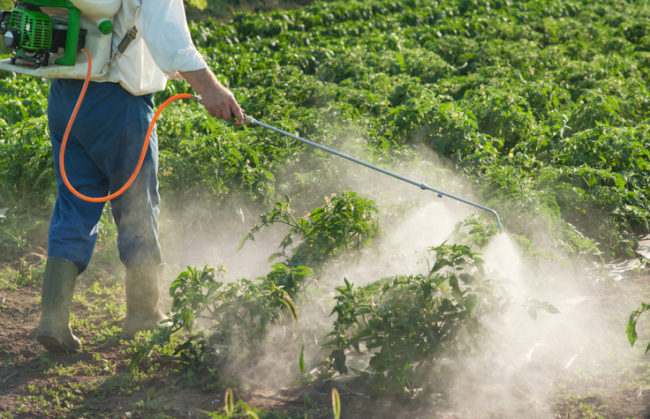On August 9, 2018, the Ninth Circuit ordered that the EPA ban a widely used pesticide called chlorpyrifos within 60 days. The court found that EPA had failed to determine that chlorpyrifos was safe. The decision marked the end – albeit perhaps only temporarily – to a decade-long battle between the pesticide and agriculture industry on one side and environmental and public health groups on the other.
By way of background, EPA, under the Federal Food, Drug, and Cosmetic Act (FFDCA) and Federal Insecticide, Fungicide, …
Continue Reading



